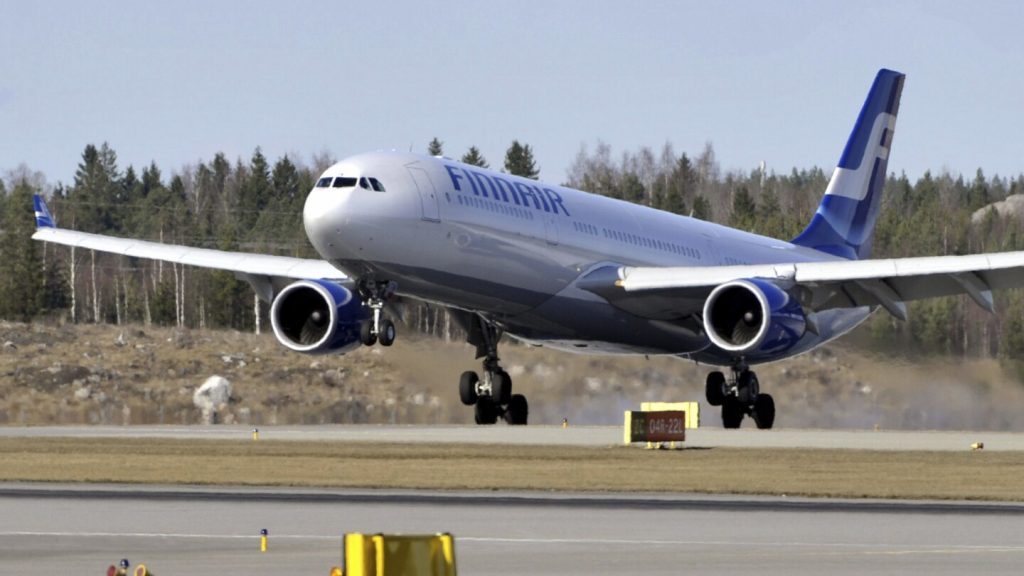The national carrier of Finland, Finnair, has announced that it will resume flights to Estonia’s second largest city, Tartu, in June after two of its planes were unable to land there last month due to GPS disruptions. The cause of the interference, which forced the flights to return to Helsinki on April 25 and 26, is believed to be related to jamming in the region by Russia. The airline expressed gratitude towards Estonian Air Navigation Services for swiftly implementing an alternative method using ground stations to direct plane landings at Tartu Airport.
The decision to suspend flights to Tartu until May 31 was made by Finnair in response to the increased GPS interference that has been reported since 2022. The airline had cited areas near Kaliningrad, the Black Sea, the Caspian Sea, and the Eastern Mediterranean as particularly affected by the disruptions. Estonian Foreign Minister Margus Tsahkna has accused Russia of carrying out the jamming and has raised concerns about the potential risks it poses, describing it as a possible “hybrid attack.” Finnair assured that its aircraft systems are equipped to detect GPS interference and that its pilots are trained to handle such situations.
Finnair operates the only international flights to Tartu and offers flights from Helsinki to the Estonian city twice a day, six days a week. The airline’s decision to resume flights in June comes after Tartu Airport switched to using radio signals from ground stations instead of GPS signals to guide plane landings. The swift response from Estonian authorities in finding this alternative method was praised by Finnair’s head of operations control, Jari Paajanen. The Finnish carrier is hopeful that the situation will improve with the new navigation system in place.
The disruption caused by the GPS interference in Tartu highlights the growing concerns over security and safety in the aviation industry. With the ongoing tensions in the region and the accusations against Russia for the jamming, it raises questions about the need for stronger measures to protect against such incidents. Despite the challenges posed by the interference, Finnair remains committed to serving the route to Tartu and ensuring the safety of its passengers. The airline’s proactive approach in addressing the issue and working with Estonian authorities to find solutions reflects its dedication to providing reliable and secure air travel services.
As Finnair prepares to resume flights to Tartu, passengers can expect enhanced safety measures and protocols to mitigate the risks associated with GPS interference. The airline’s experience in handling such disruptions and its collaboration with relevant authorities will be key in ensuring a smooth and secure travel experience for passengers flying to and from the Estonian city. With the implementation of the new navigation system at Tartu Airport and ongoing monitoring of GPS signals, Finnair is optimistic about the resumption of flights and looks forward to serving its customers on the route. The airline’s commitment to safety and security remains unwavering, even in the face of challenges posed by external factors.


